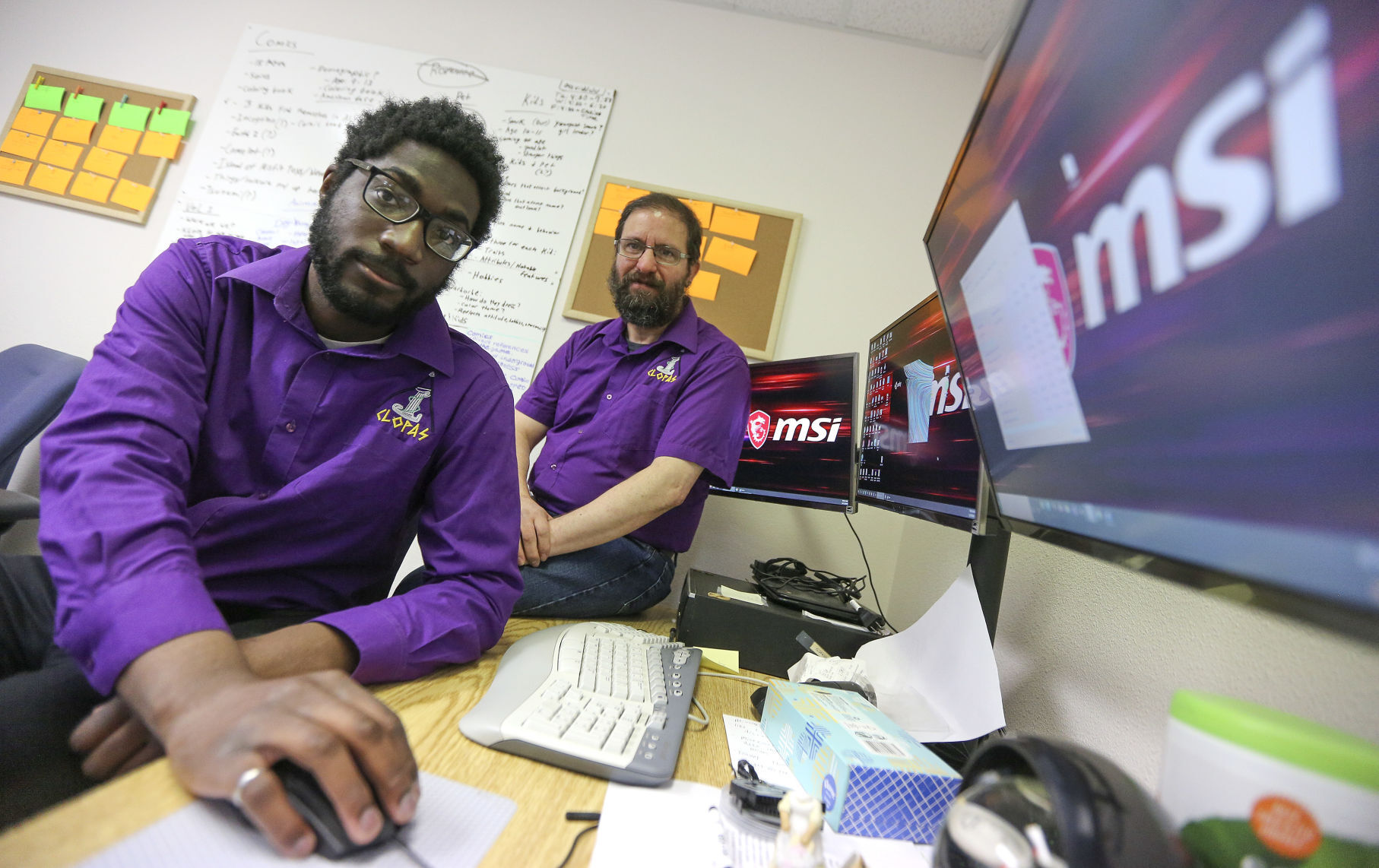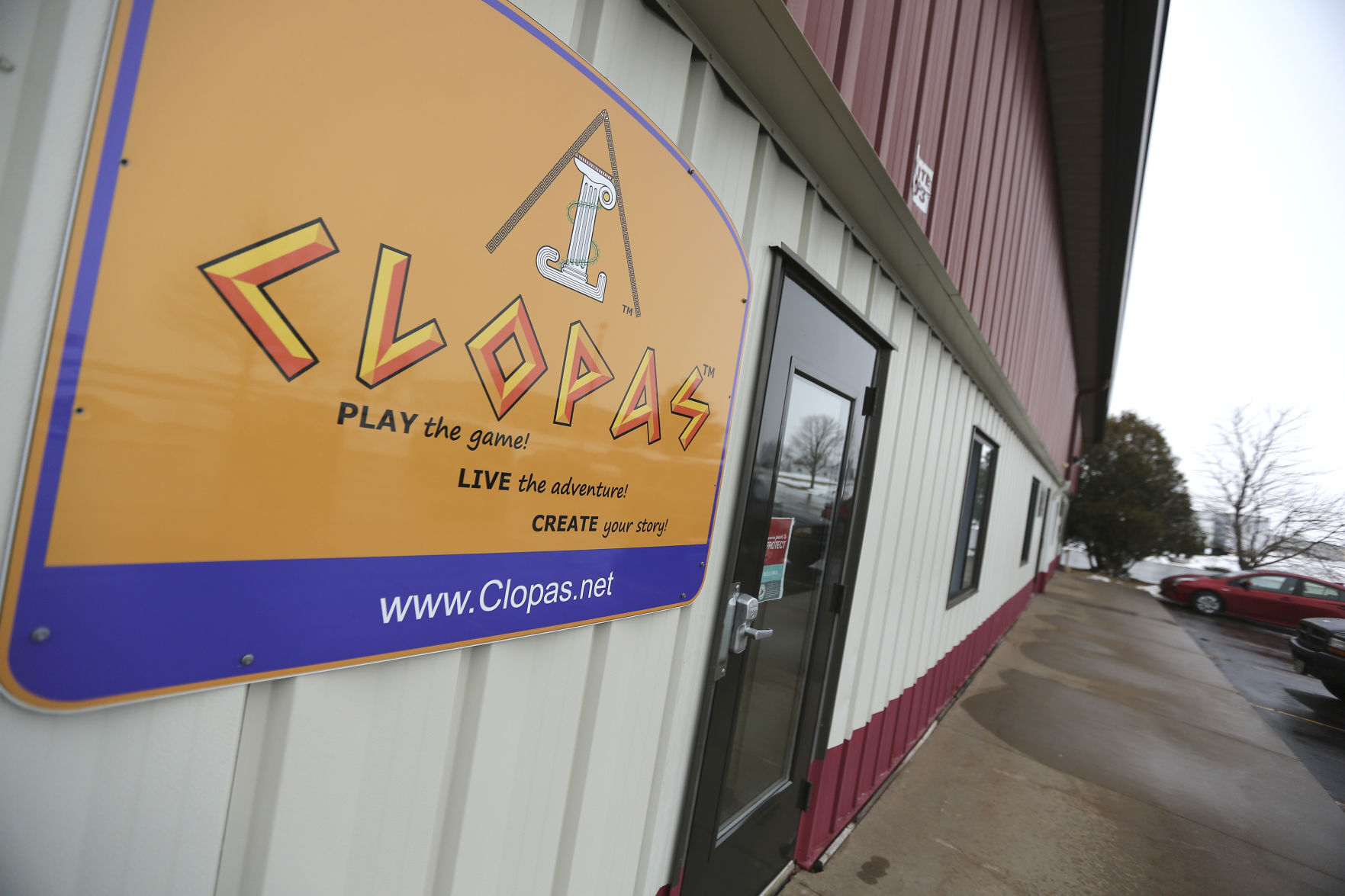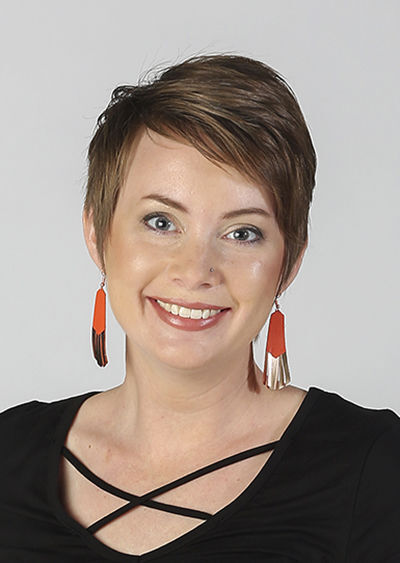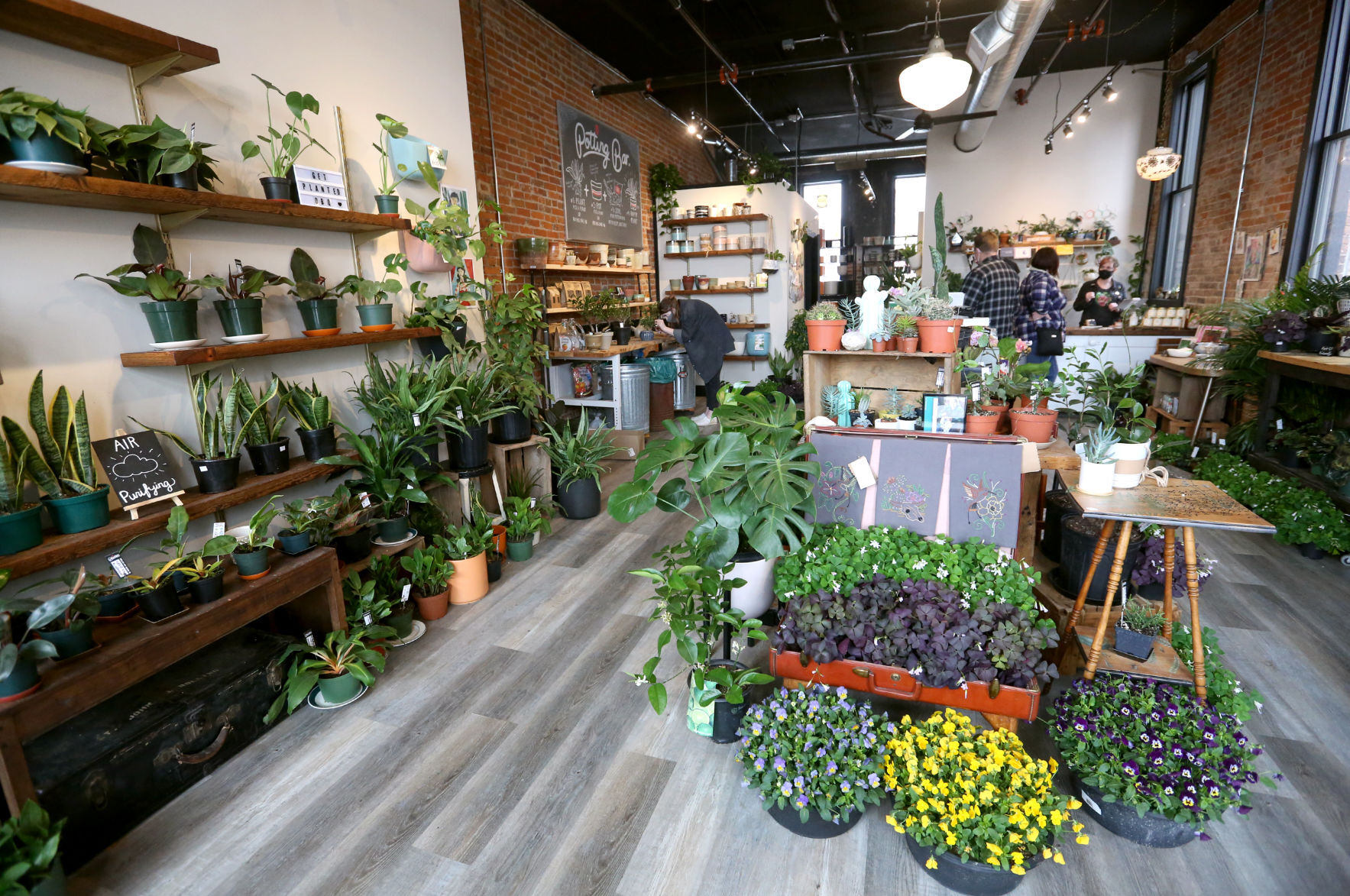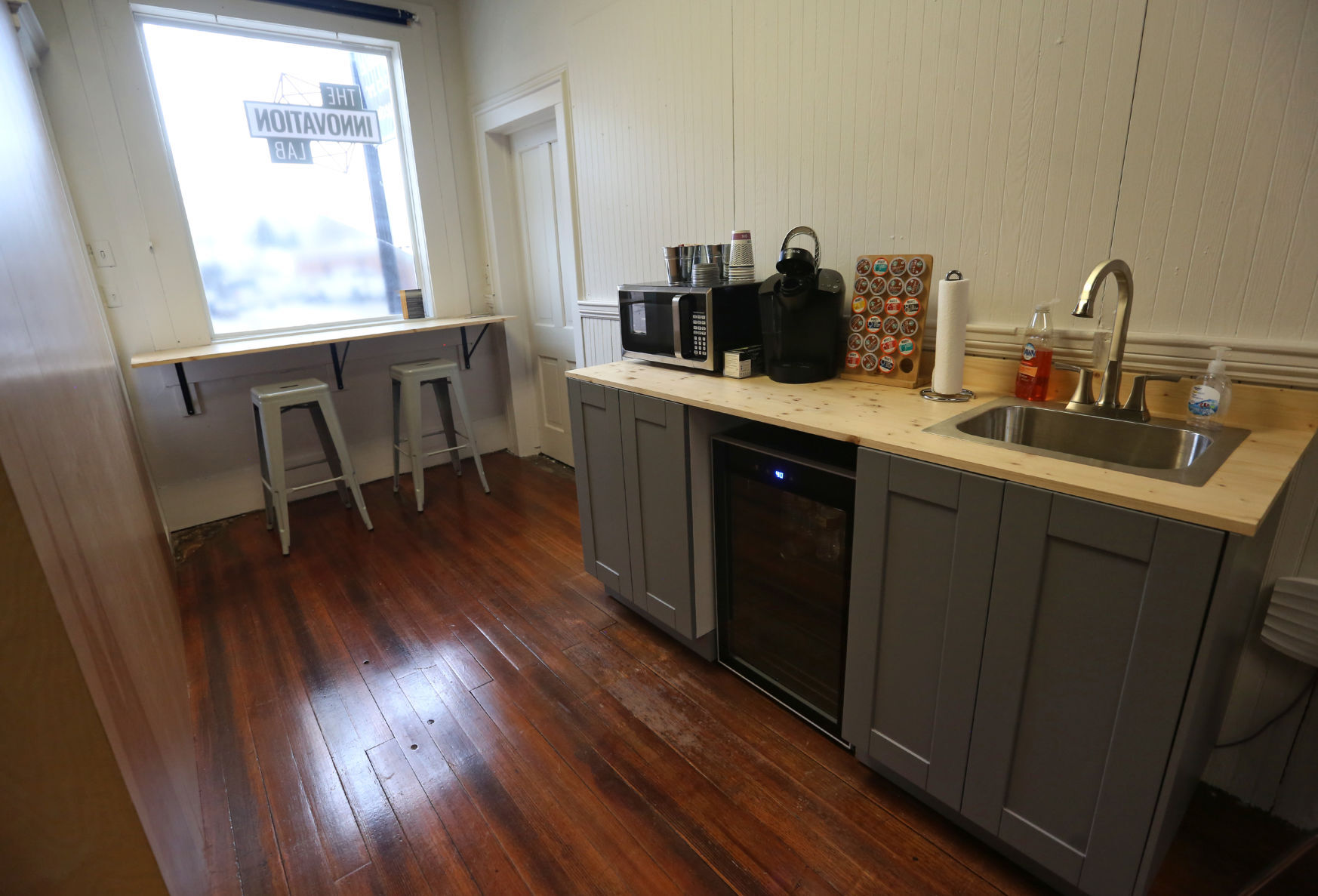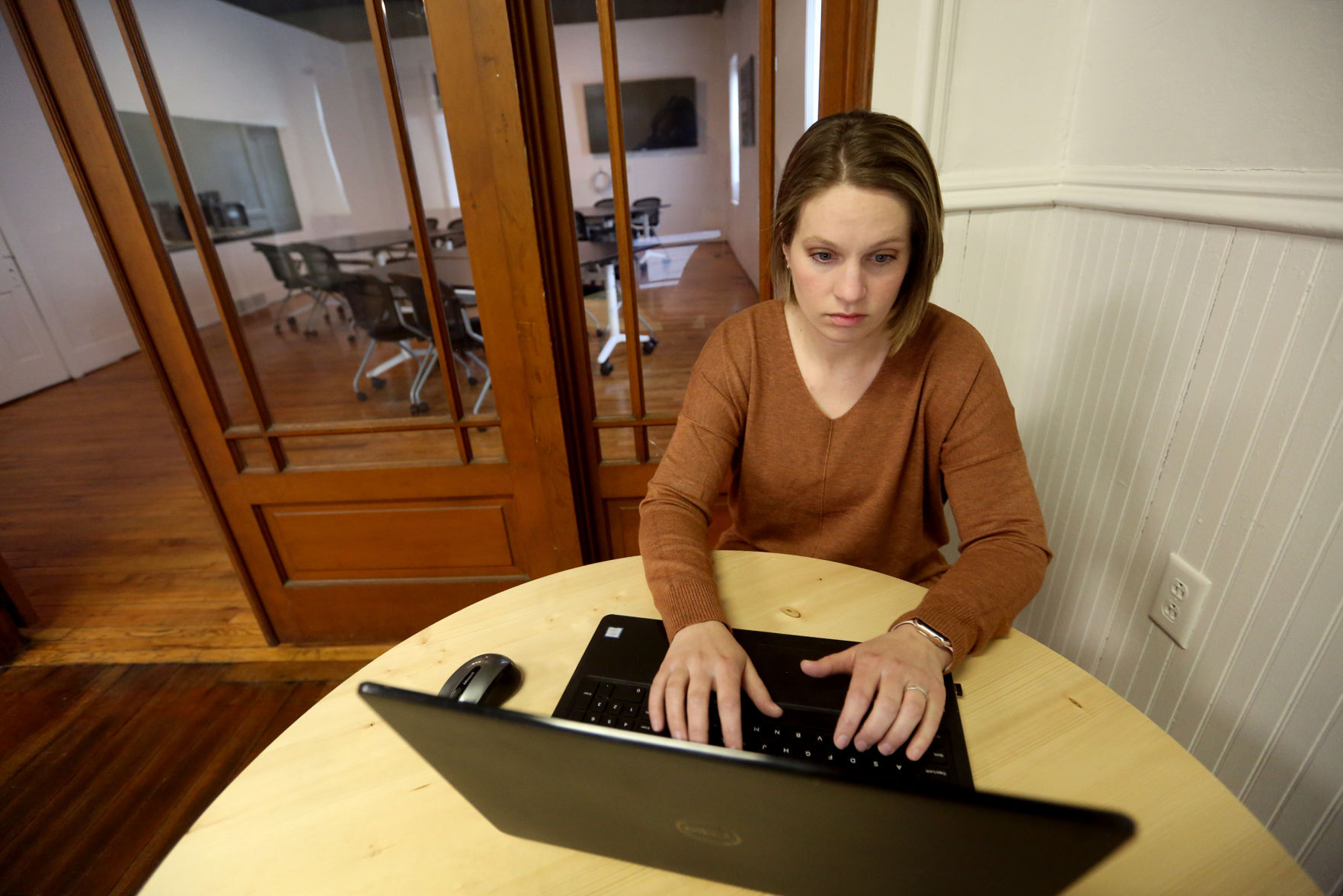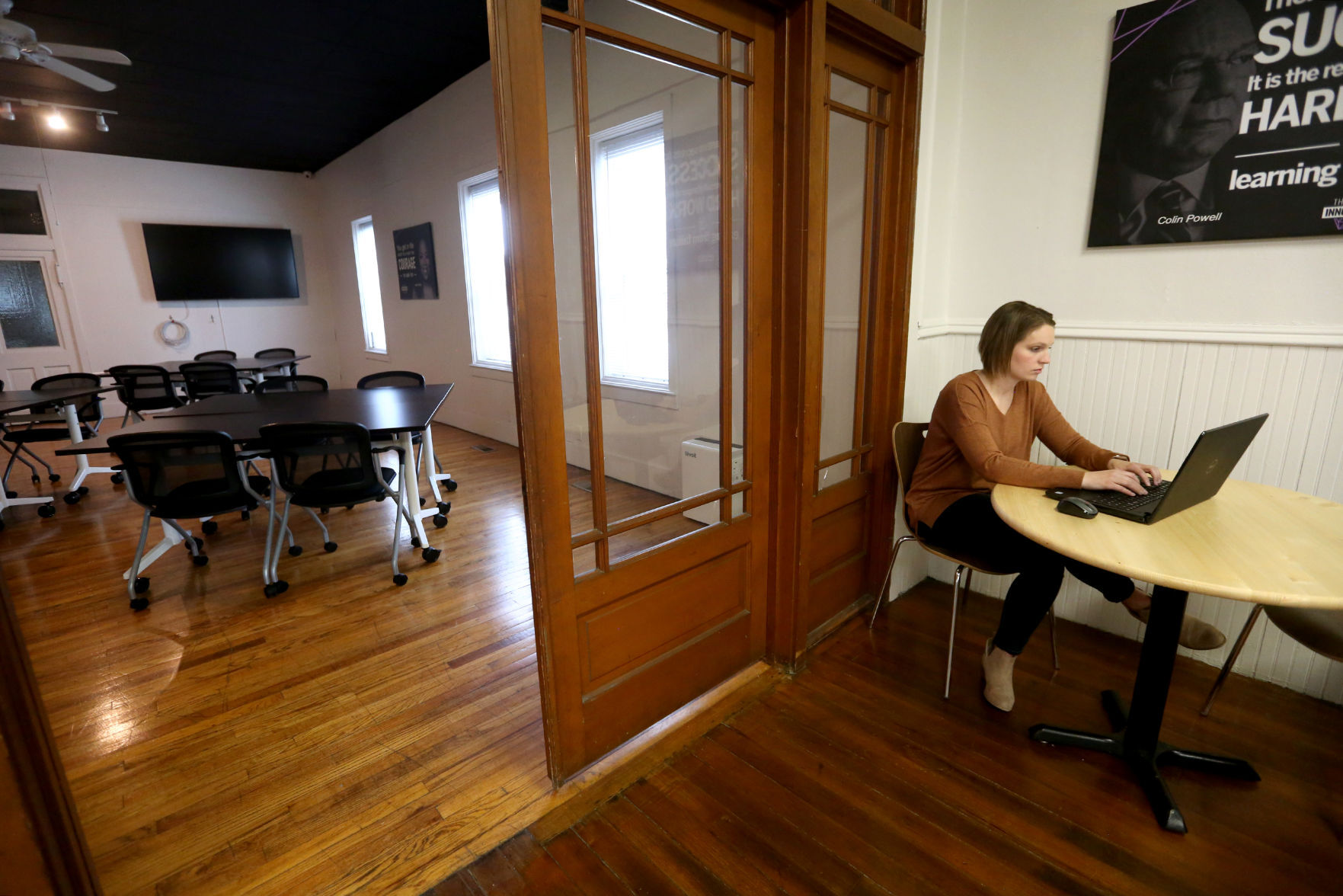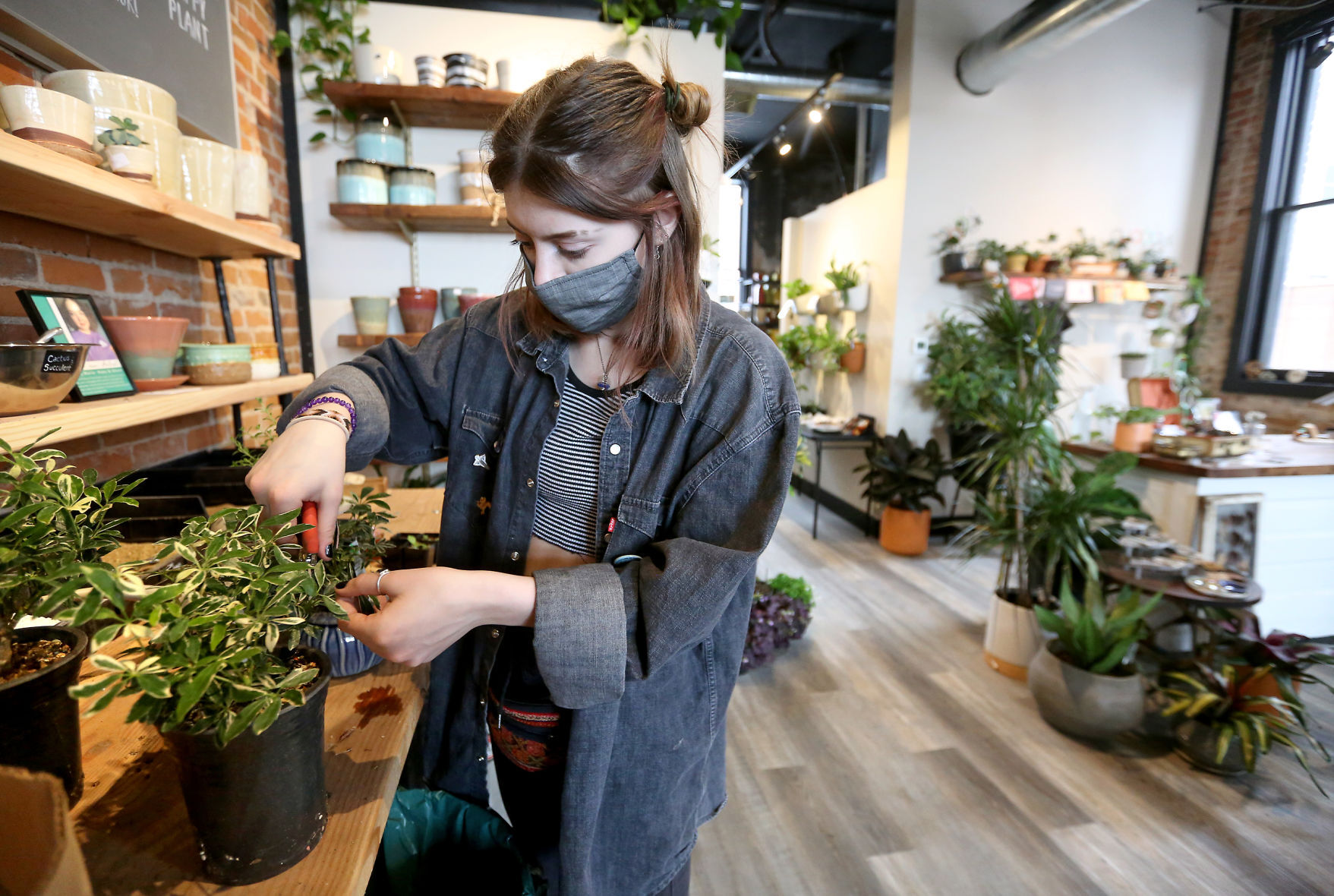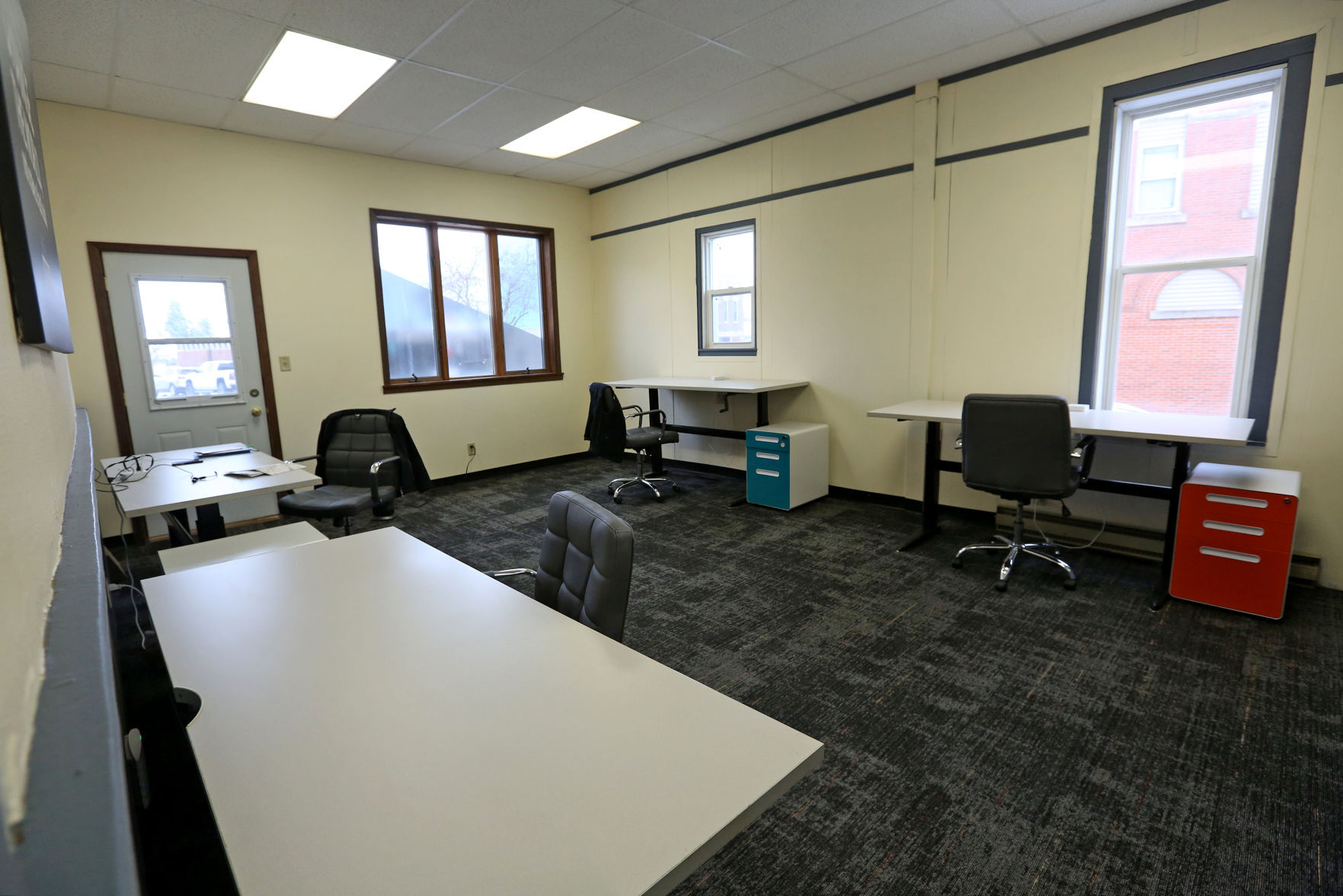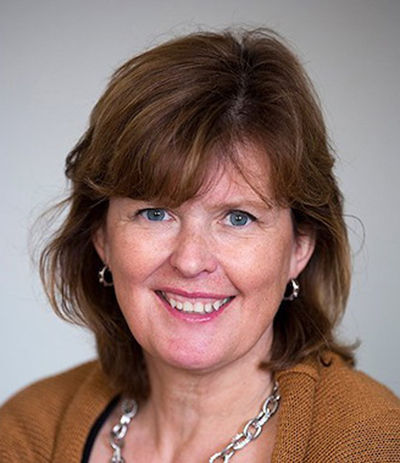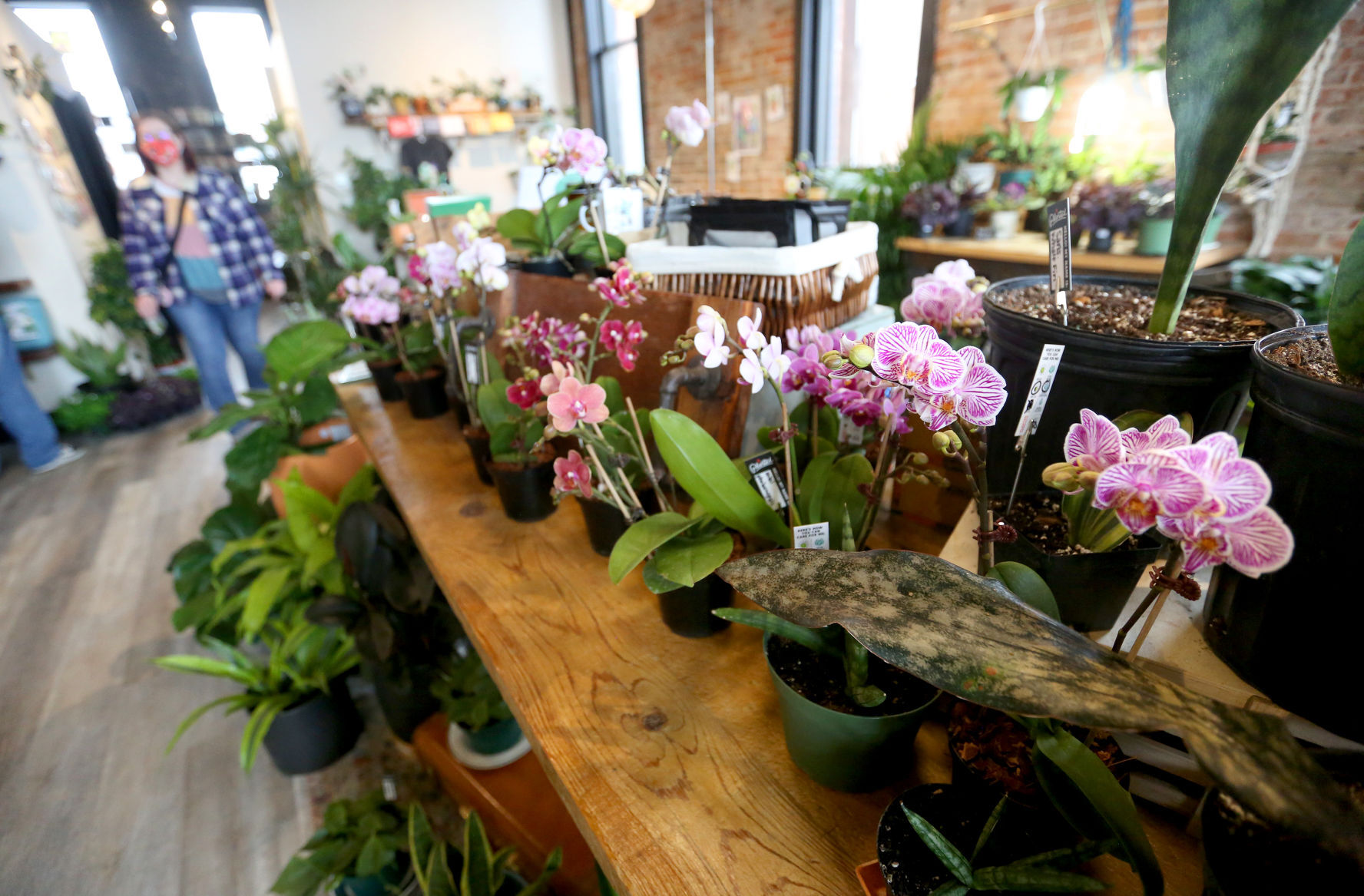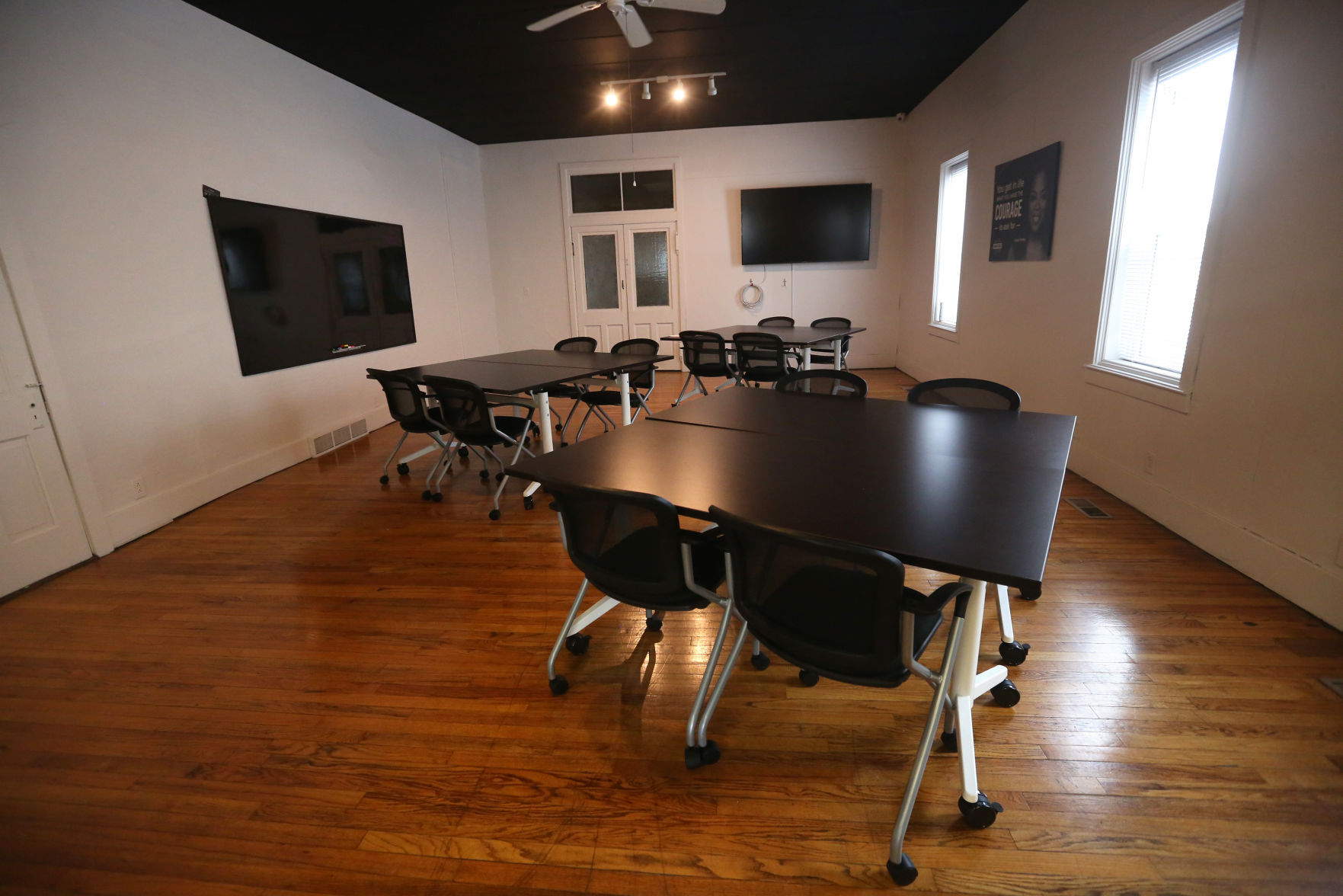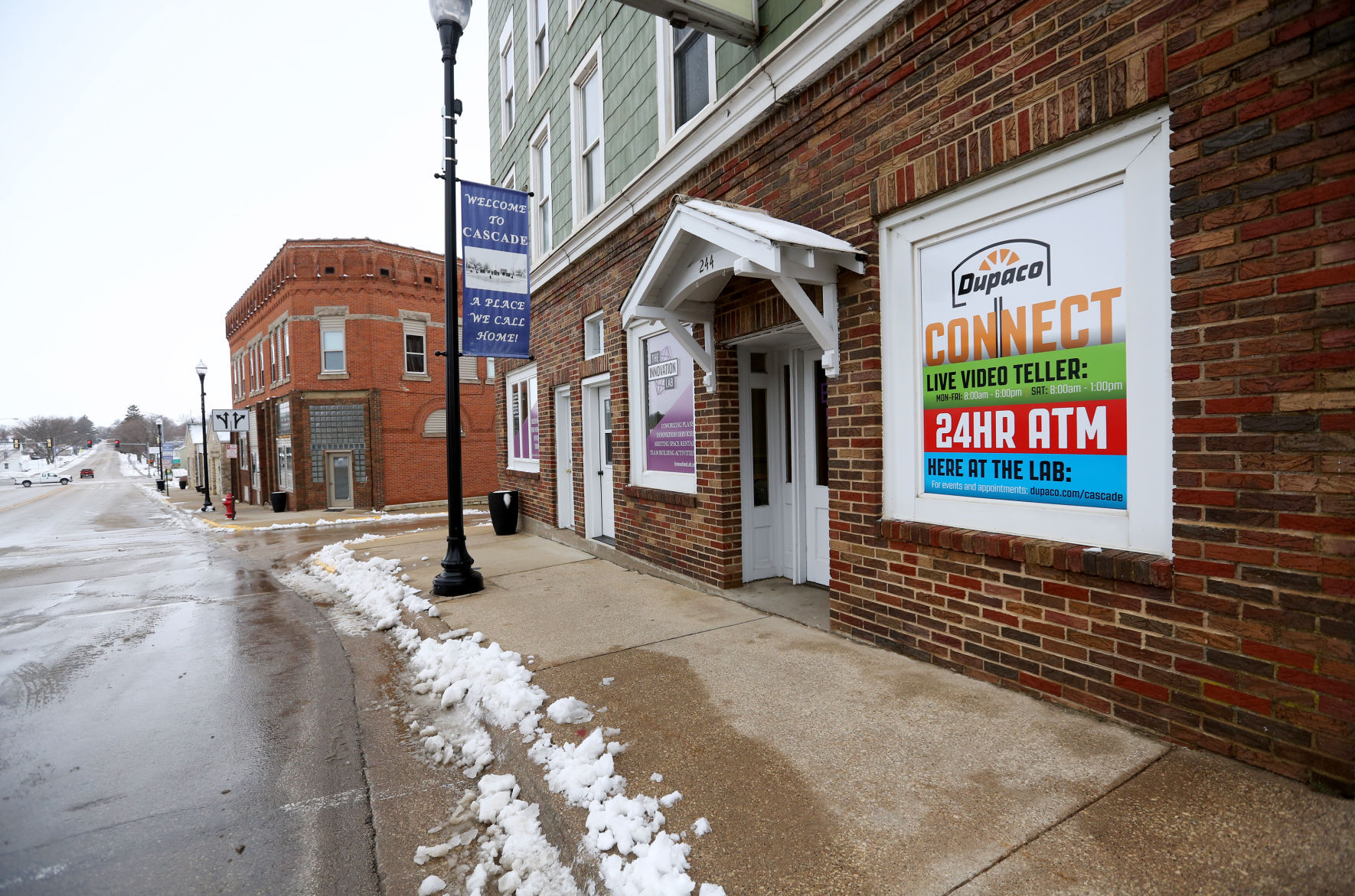PLATTEVILLE, Wis. — Nestled within Platteville Business Incubator, the video game development studio Clopas resides in the heart of southwest Wisconsin’s startup community.
The studio aims to create immersive, family-friendly games by supporting the work of other studios and creating new content of its own.
Clopas was started by CEO Scott Adams in 2017 with just a couple of employees. It has now developed multiple games and grown its staff to nine.
Four years after its founding, the company’s leaders speak with pride about the fits and starts, the ebbs and flows, the challenges and solutions that have defined its ascension.
“For any startup looking to push themselves forward, there are always going to be growing pains,” said Chief Operating Officer David Ababio. “If you remain vigilant, you will start to see a path forward to success.”
For many Americans, the word “startup” conjures up thoughts of Silicon Valley companies that exploded on the scene and enjoyed exponential growth. The reality is far more rugged.
Kate Koziol, executive director of Platteville Business Incubator, said it is the tough, behind-the-scenes work that actually makes these startups go.
“People don’t see the after-hours and late nights,” she said. “It takes a lot of tenacity.”
In the midst of an unimaginably difficult 12 months, defined by a pandemic and economic downturn, this tenacity has been on display. A study by Peterson Institute for International Economics found that business startups in the U.S. grew from 3.5 million in 2019 to 4.4 million in 2020, an increase of about 25%.
The U.S. experienced more entrepreneurial growth, by percentage, than any other advanced economy during that stretch. Turkey and Chile, which registered growth of 23% and 14%, respectively, were the only other nations to post double-digit increases. China experienced startup growth of only 3%, while nations such as Germany, Spain and Russia saw a decline in startup activity.
Such an increase in activity doesn’t necessarily surprise the local experts who support entrepreneurship.
“Generally speaking, economic downturns create larger unemployment levels and can lead to new business growth,” said Jay Wickham, director of northeast Iowa’s Small Business Development Center. “There are many people who have thought about starting a business that think, ‘Now is the time’.”
SPROUTING UP
One of Dubuque’s recent entrepreneurial stories sprouted up in an area hit particularly hard by the pandemic.
Dubuque resident Laura Klavitter opened Planted. at 245 W. First St. in November. It resides in a neighborhood largely populated by restaurants, bars and hotels, which experienced prolonged closures and decreases in customer flow over the past year.
Klavitter’s business specializes in selling tropical plants, as well as a variety of plant-themed gifts and art.
“It’s been remarkable,” Klavitter said. “Despite all the planning, part of you wonders, ‘Will people care? Will they show up?’ It has been incredible to see that other people are digging it, too.”
Klavitter’s decision to launch a new business follows the upward trends in the U.S. as a whole. It also provides an example of entrepreneurship in a state — and region — that doesn’t always stack up favorably when it comes to such activity.
This year, Ewing Marion Kauffman Foundation released a comprehensive report detailing entrepreneurial activity, including breakdowns for each state.
Nationwide, the foundation found that 0.38% of the population started a new business in 2020. That rate was lower in Iowa (0.31%), Wisconsin (0.22%) and Illinois (0.27%).
The average number of jobs created by startups in the three states also lagged behind the national average of 5.03 jobs per business. Iowa and Wisconsin startups each averaged about 3.5 jobs per startup, while Illinois averaged about 4.2 per new business.
Meanwhile, the number of new businesses launched by Small Business Development Center clients in Iowa has declined in each of the past three years.
In fiscal year 2017, the number of “new business starts” totaled 293. It fell to 219 the following fiscal year and to 215 in fiscal year 2019 before dropping down to 197 last fiscal year.
The number of business starts in the northeast Iowa region went from 16 in fiscal year 2017 to 14 in the most recent year.
Wickham has a couple of theories on why local entrepreneurship might lag.
“I think that (Midwest states) have not been hit quite as hard by (recessions), so there might not be as much incentive to start a new business,” he said. “And by nature, I think the Midwest can be a little more conservative.”
IDEAS INTO ACTION
Jordan Degree knows a thing or two about good things emerging from a period of economic distress.
Degree founded Creative Adventure Lab in Dubuque in 2008 in the midst of the Great Recession.
Prior to launching the lab, he was teaching at a public school in Chicago. His position was eliminated during the economic downturn, forcing Degree to re-evaluate his path forward.
“I can relate to that situation so many people have found themselves in now, where you hit that fork in the road and have to decide which direction you are going to go,” he said.
Creative Adventure Lab was founded largely as a nonprofit that promoted creative learning and play among children. In 2018, however, Degree expanded that vision to include entrepreneurship among adults.
His organization launched its “innovation lab” in Dubuque three years ago.
Degree emphasized there is no one-size-fits-all approach to ensuring a new business will succeed.
“There’s not a yellow brick road for you to follow,” he said. “But there are some fundamental things you should do — and those things can be easy for some people to skip.”
Degree frequently emphasizes that “ideas are free,” encouraging prospective business owners to think through their business concepts as much as possible before putting them into action and incurring the accompanying costs.
He also urges innovators to map out their costs and anticipated sales, making sure that the numbers add up to something that both sustains the business and puts food on the table for an owner. Finally, he tells those in the innovation lab to examine their customer base.
“We call that customer discovery,” he said. “What do your customers want, and what are they willing to pay for it?”
The roots of Klavitter’s new business extend all the way back to 2011, when she graduated from college with a degree in horticulture. In the decade since then, she has sold items at local farmers markets and launched a business that sells microgreens to local restaurants.
The idea behind Planted. grew out of personal experiences. Klavitter realized she was traveling outside the community to purchase house plants and figured others were doing the same; that notion was reinforced at the farmers market, where customers were eager to purchase plants unavailable elsewhere in the community.
Prior to opening her new business, Klavitter attended a crash course in entrepreneurship – a program offered by Creative Adventure Lab and known as Venture School.
Klavitter said she benefited greatly from the customer discovery process.
“It’s about making sure you’re not just starting the business because it’s something you’re interested in,” she said. “It‘s about exploring what the needs are and having your idea affirmed by the community.”
MAKING IT LAST
While Midwest states might not lead the charge in terms of new business startups, the region does compare favorably to its coastal counterparts in other metrics.
Nationwide, about 70% of new businesses were started by choice rather than by necessity, according to the Kaufmann study. By comparison, more than 83% each of Iowa and Wisconsin startups were launched by choice, as were 78% of Illinois startups.
In the midst of a difficult economic period, launching a new business can seem like the only available option for people who lost their jobs or are struggling to land a new one.
Wickham, of SBDC, said he observed a flood of people in the pandemic who wanted to start food-service or retail businesses. This often prompted a difficult conversation.
“Sometimes, you have to ask them, ‘Do you really want to start this kind of a business in the middle of a pandemic?’” he said.
Nationwide, about 78% of startups remain active after one year in business, according to the analysis by Kaufmann. That number is slightly higher in Iowa, at 80%, as well as Wisconsin and Illinois, 79% each.
For any new business, and for the entities that support them, there’s a recognition that an ill-conceived plan can fall flat.
“There are a thousand ways to fail,” said Koziol, of Platteville Business Incubator. “There are only a few ways to succeed.”
For the leaders at Clopas video game development company, there is strength in collaboration.
Chief Financial Officer Michael Herrera arrived in Wisconsin via the state of Washington and has been amazed by the number of entities willing to help the local business community.
“I was pleasantly surprised by the large support system that is available,” he said. “We have had help from so many organizations.”
Clopas has worked with Platteville Area Industrial Development Corp., Southwest Regional Planning Board and the southwest Wisconsin division of the Small Business Development Centers.
The company also has forged a partnership with University of Wisconsin-Platteville, working hand-in-hand with students to gain a better understanding of the market and the types of games that can lift the business to even greater success.
Ababio knows there are a handful of Goliaths dominating the industry. But he doesn’t see them as direct competition for the aspirations of his company.
“When you talk about the well-established companies in this industry, they are kind of in their own world,” he said. “When you are a small indie studio, you are just trying to find your niche. It starts with a vision. You identify the people you want to serve and think about the things that they want. From there, things begin to fall into place.”
LONG-TERM SUCCESS
Just one block away from the SBDC’s Dubuque offices, a thriving architectural and engineering business provides a glimpse at what it can look like when a small startup blossoms into something bigger.
Delta 3 opened a new office on the first floor of a historic facility at 898 Jackson St. two years ago. In the time since, the company has beefed up its Dubuque staff to 12 workers and built out the second floor of the facility. It also utilizes a Platteville office with about 25 employees.
The business was launched out of a small space in Platteville Business Incubator in 2003.
At the time, the incubator was a vast open space, predominantly used for manufacturing. Scott Chyko — a co-founder and the current president of the company — recalls that he and other employees would work on everyday business during the day and build out their office space at night.
At the outset, there was still a tremendous amount of uncertainty.
“None of us has ever started a business before,” he said. “We didn’t know what we didn’t know.”
Chyko said the path to success was marked by little, positive moments along the way, where the success of the business began to peek through the clouds.
One such moment occurred when Delta 3 hired administrative staff, a move that both increased overhead and proved that the influx of new business had reached a volume that the founders themselves couldn’t fully address.
Another turning point came when the business moved out of the incubator in 2010, shifting to its own facility and doubling its square footage in the process.
The reality of the company’s growth hit home once again in 2019, when the business expanded beyond its Wisconsin roots and settled into a new space in Dubuque’s Millwork District. It’s an arrangement that has worked out even better than Chyko had anticipated.
“The city has been very welcoming for us, and it has been great for the business,” he said. “When we had an Iowa presence, it seemed that more Iowa businesses were willing to work with us.”
AREAS FOR IMPROVEMENT
Stories of success in the tri-states are abundant, whether they come in the form of a new tropical-plant business, a growing video-game company or an established engineering firm.
Those who work every day in the startup scene still see room for improvement, however.
Wickham emphasized that it’s harder to start a new business in certain sectors of the economy than others.
“I think we have a void in Dubuque of new, emerging companies that are in the tech space and the innovation space,” he said. “That is an area where we need improvement.”
Another sizable divide is evident along demographic lines.
Rural areas in recent years have struggled mightily when it comes to fostering new startups, a phenomenon that has started to capture the attention of organizations that strive to support such entities.
“Since 2010 overall, there has been positive small business growth — more businesses are opening than closing,” said Degree. “But in rural America, that growth is basically zero. Startup activity has been stagnant.”
A plan is in place to address such inequities.
Creative Adventure Lab last year announced plans to launch innovation labs in multiple rural communities, a promise that has already yielded tangible results.
New facilities have opened in Cascade and Independence, Iowa. Meanwhile, crews are working on a future innovation lab in Monticello, and officials are homing in on a facility for a new lab in Dyersville.
Degree also said Creative Adventure Lab is working with officials in Jackson County to form partnerships that would support innovation labs in Bellevue and Maquoketa.
“We’re in a situation where we could have six rural labs open by the end of the year,” Degree said.
Local leaders believe such steps can foster more startup growth and, ultimately, lead these entities down the path to long-term success.
For new business owners, they know that the fate of their businesses ultimately lies in their own hands, however.
Just four months after opening her own enterprise, Klavitter has the long game in mind.
“I think (the key to long-term success) is about continuing to listen to the needs of customers, continuing to build relationships and being able to pivot when needed,” she said. “This will change in time. I know my business will have to be responsive.”


